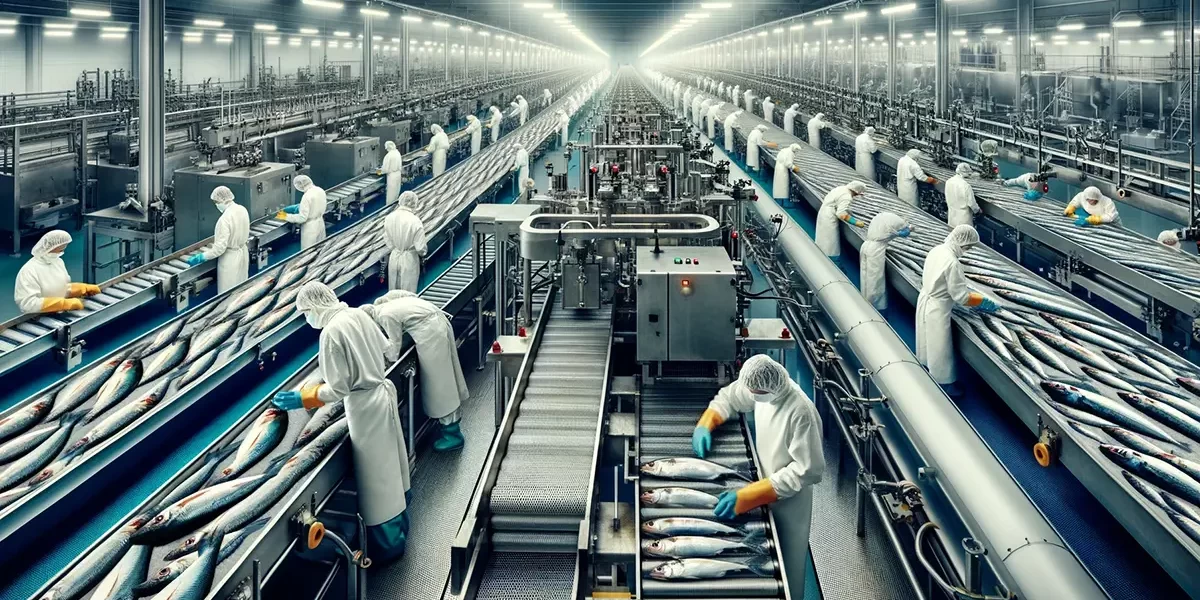In the United Kingdom, the food and beverage industry is a cornerstone of the economy, steadfastly committed to maintaining the highest safety and quality standards.
Chlorine Dioxide (ClO2) is increasingly recognised for its potent antimicrobial properties, offering a promising solution for sanitation and disinfection challenges.
However, its deployment within the UK context is nuanced, governed by strict regulations and a growing emphasis on consumer health and environmental sustainability. This article explores the application, benefits, and regulatory landscape of Chlorine Dioxide use in UK food and beverage processing, providing insight for industry professionals navigating its complexities.
The Appeal of Chlorine Dioxide for Food Processing
Chlorine Dioxide’s efficacy against various pathogens, including bacteria, viruses, and fungi, makes it an invaluable tool in food safety management.
Unlike traditional chlorine, Chlorine Dioxide minimises the formation of harmful by-products like trihalomethanes (THMs), aligning with the industry’s drive towards safer disinfection methods. Its role extends from water treatment to surface sanitation and produce washing, ensuring that every production stage upholds stringent safety standards.
UK-Specific Chlorine Dioxide Applications
In the UK, Chlorine Dioxide is used to meet the specific needs of the food and beverage industry, reflecting the country’s diverse culinary landscape and stringent food safety standards. It’s employed in treating water used in food manufacturing, ensuring it’s free from contaminants and off-flavours.
Chlorine Dioxide is also a key player in the sanitation of processing equipment and facilities, effectively reducing the risk of cross-contamination. Additionally, its application in washing fruits and vegetables highlights its role in extending shelf life and enhancing product safety without compromising taste or quality.
Regulatory Framework and Challenges in Food Processing
The UK’s regulatory environment for Chlorine Dioxide in food processing is rigorous, underscored by a commitment to consumer safety and environmental protection.
The Food Standards Agency (FSA) and the Health and Safety Executive (HSE) are central to establishing guidelines that ensure the safe and effective use of ClO2. Compliance with these regulations is paramount, focusing on correct application rates, exposure limits, and residue monitoring to safeguard public health and worker safety.
The UK’s departure from the European Union brings a new dimension to regulatory navigation, as the industry must adapt to evolving standards and potential divergences from EU regulations. This necessitates businesses to take a proactive approach to stay abreast of regulatory changes and ensure continued compliance.
Best Practices for ClO2 Implementation
Adopting best practices is crucial for UK food and beverage processors using Chlorine Dioxide. This includes comprehensive staff training on safe handling procedures, regular monitoring of ClO2 concentrations, and stringent adherence to safety protocols. Equally important is implementing robust risk assessment and management strategies, ensuring that the benefits of ClO2 are realised without compromising safety or environmental integrity.
Forward-Looking Considerations
As the UK food and beverage industry continues to evolve, so will the approaches to Chlorine Dioxide. Innovations in application technologies and treatment methods can enhance efficacy while minimising risks. The industry’s growing focus on sustainability may see chlorine dioxide playing a key role in eco-friendly processing practices, aligning with broader environmental goals.
A Valuable Solution
Chlorine Dioxide presents a valuable solution to the food and beverage industry’s pressing safety and quality challenges within the UK context. Its effective antimicrobial action, coupled with a reduced risk of harmful by-products, aligns with the industry’s stringent standards and consumer expectations. However, navigating its use requires a careful, informed approach, embracing best practices and remaining vigilant to regulatory shifts.
Through responsible management, Chlorine Dioxide can continue to serve as a cornerstone of food safety, contributing to the UK’s reputation for quality and safety in food and beverage production.
Don’t hesitate to get in touch with our team if you would like to learn more about the use of Chlorine Dioxide – call us today on +44 (0)1573 226901 or email enquiries@scotmas.com






